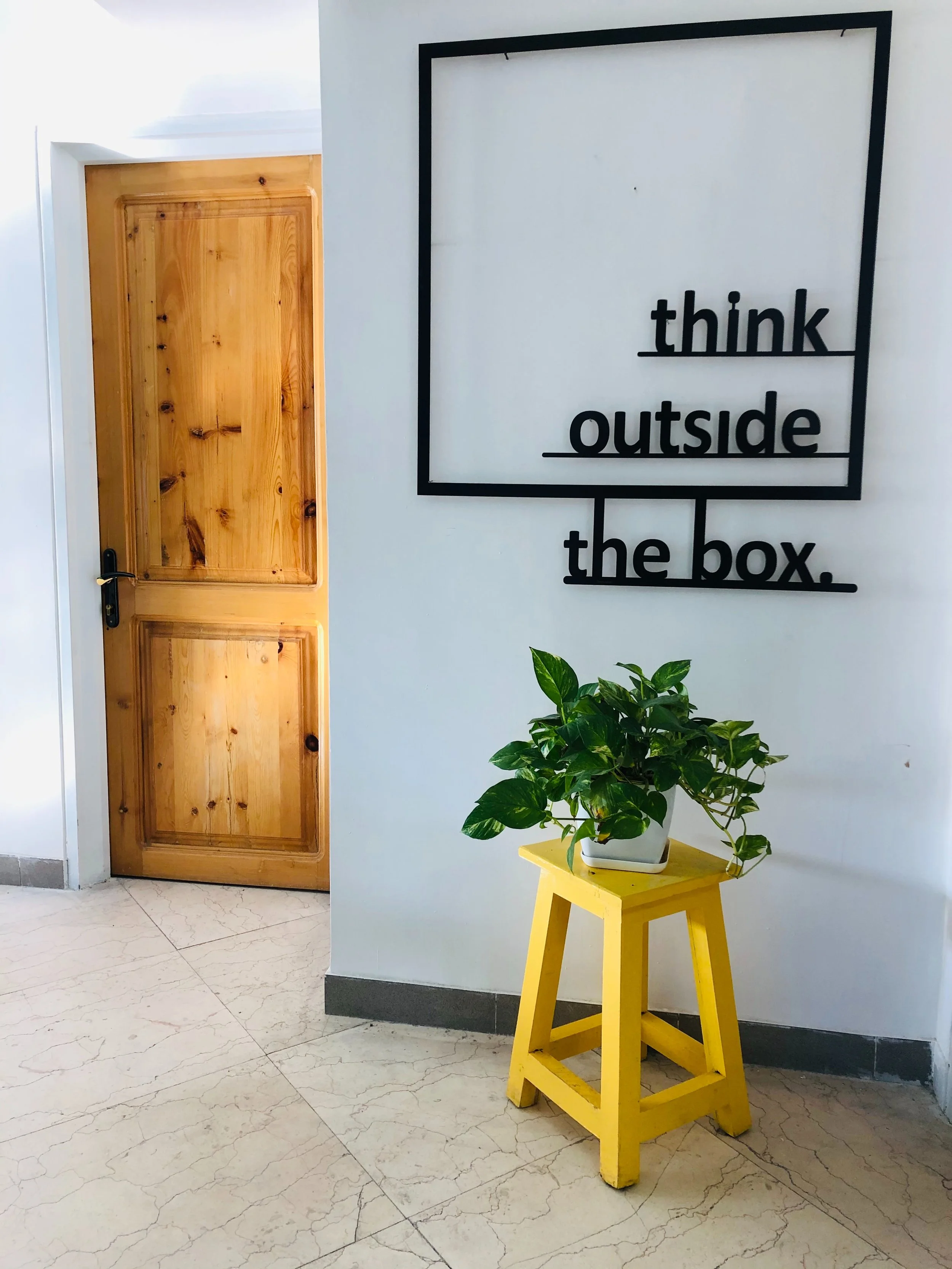Creating an Otherwise Within Our Learning Communities
I know that when this teacher reaches out to discuss something that has been on her mind and heart, I know that I’m about to witness someone who explores deep questions and gives space to them. I know that this teacher is not afraid to sit with discomfort because she knows it always leads her to a better place, with more purpose and clarity. I always get excited to get her emails asking to meet.
As I sat with her in her 4th grade classroom, she shared with me that she has been thinking a lot about her newcomer students (they have recently arrived from Japan). These children bring a lot of gifts with them and a wide understanding of literacies and the ways literacies help us be in the world.
On this particular moment, we were reflecting on read aloud time. Every day, when the students gather to listen to a story, her heart felt heavier for these two children who were not accessing the story. I want to freeze this moment and zoom out of this scenario for a moment to acknowledge this teacher for holding space for that discomfort. She didn’t ignore those feelings every time she looked at her students and they seemed lost. She leaned into that discomfort to ask big and deeper questions. As a 4th grade community of readers, these students love chapter books with exquisite plots and twists. So chapter books were usually the choice during read aloud time. This teacher was ready to give space to an otherwise, to create another possibility during her read aloud time that will ensure that her newcomer students have access to such an important community building time like read aloud.
Through beautiful questions and dialogue, we both reflected on the power a teacher hold in the selection of those read aloud stories. Many times, we become attached to beloved stories that we want to read every year without thinking who is in this community of learners, who has access to this story and who doesn’t. So, one of our reflection included the power a teacher holds to change this narrative. We started thinking of books she would love to include as read alouds and researched them if they were available in Japanese for her newcomer students. Another collaborating teacher was part of this critical dialogue and she reminded this teacher that their own school library has a small yet growing collection of books in Japanese. And just like that she discovered that there’s a copy of the book Wonder by R.J. Palacio in Japanese.
The other wonderful collaborating teacher that joined our conversation said, “You are making me rethink my choices during Read Aloud. I used to think that this was the best time for EL support staff to pull out the newcomer students but now I know that not only this time matters to create a sense of belonging but that I had to rethink my choices.”
All of our face lit with pride. Not only because we came up with a great solution but we also embarked in a process of decolonizing our own minds in order to disrupt our teaching practices. We talked about power, who holds it and who is making decisions. We talked about who benefits from those decisions and who is left to the margins.
I walked away from that coaching conversations knowing that we were all better humans because we gave space to discomfort, we had crucial conversations and we created an otherwise possibility that is inclusive and liberatory as well.
Photo by Shahram Anhari on Unsplash






